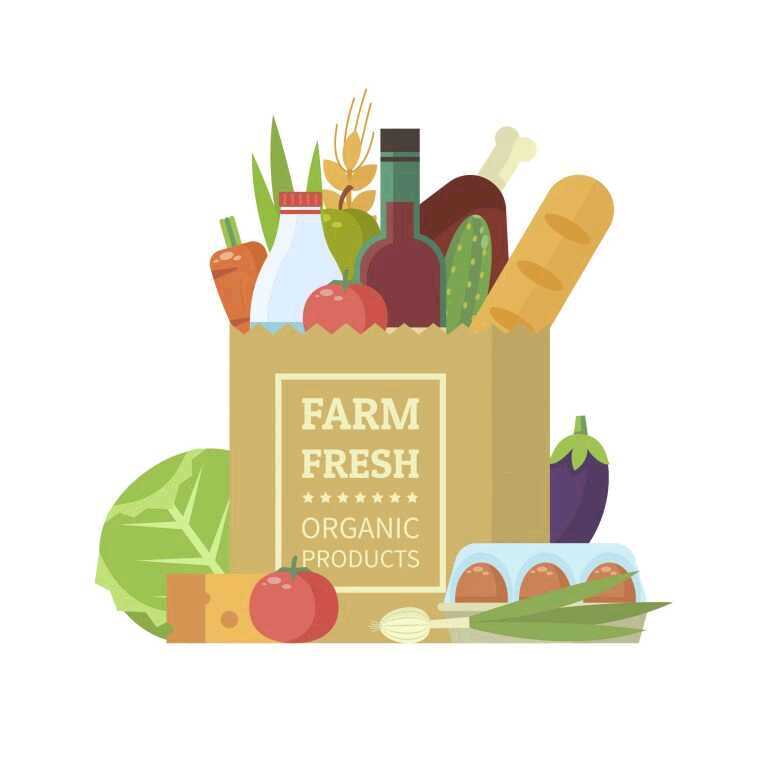
A quick gander at most grocery stores reveals a significant divide: organic produce and conventional produce, or organic packaged goods and conventional packaged goods. Organic is a health buzzword that has been around for quite a few years now and is often touted as a go-to synonym for “healthy” or “good for you.”
Although organic packaged foods can be just as bad for you as conventional packaged items, is there anything to the assertion that organic food is better for you than conventional—especially if you have diabetes?
What Is Organic, Exactly?
Organic, GMO-Free, and Fair Trade often get lumped in together, but each of them has a different (and separate) meaning. While the “Fair Trade” label identifies the labor and creation process of a product and “GMO-Free” refers to a plants’ genetics, an “organic” label means the food has been grown without the addition of pesticides or herbicides and is free of genetically modified ingredients.
Why Is Organic Considered Superior?
Farming organically is considered superior from several different perspectives, including environmental concerns, nutrition concerns, and chemical concerns.

#1. Environmental Concerns
Using pesticides and herbicides might seem harmless enough: crops are grown without the concern of pesky bugs determined to eat the food farms work hard to grow, and without worrying about the possibility of weeds and other plants overtaking more delicate plants. Unfortunately, pesticides and herbicides don’t end at the plants. Studies have found that the use of these products actually ends up polluting soil and water sources, creating soil with fewer nutrients and damaging local ecosystems.
#2. Nutrition Concerns
Genetically modified crops were initially created as a means of strengthening plants. Pests regularly tore through corn and farmers lost money. To combat this issue, scientists created plants that naturally repelled some of their most avid predators, saving countless crops from destruction. The problem, however, lies in the degradation of these plants nutrients through genetic modification.
In a similar vein, there are some concerns about the effect of pesticides and herbicides on a plant’s nutrient content; some amount of residue is always present, no matter how thoroughly you wash your produce, and this residue could counteract some of the nutritional benefits of your food.
#3. Chemical Concerns
Finally, pesticides and herbicides are filled with potentially hazardous chemicals. Ingesting these chemicals might not harbor any lasting ill effects, but the hazards are largely unknown and unstudied. One study did find that the pesticides used in conventional food could be found in the bloodstream of people who consumed conventional produce. Because numerous artificial chemicals have been linked to endocrine disruption and the onset of cancer, many men and women prefer to avoid these items.
If you are seeking food that will give you an optimal amount of nutrients and health benefits, organic is the way to go. Buying organic can be prohibitive with regard to cost, particularly in towns that do not have ready access to organic food. Ultimately, eating whole, fresh food is going to provide the greatest amount of nutrients, whether that food is organically or conventionally grown.
ReferencesDefeat Diabetes. Accessed 8/14/17.
Nutrition Facts. Accessed 8/14/17.
Reader’s Digest. Accessed 8/14/17.
